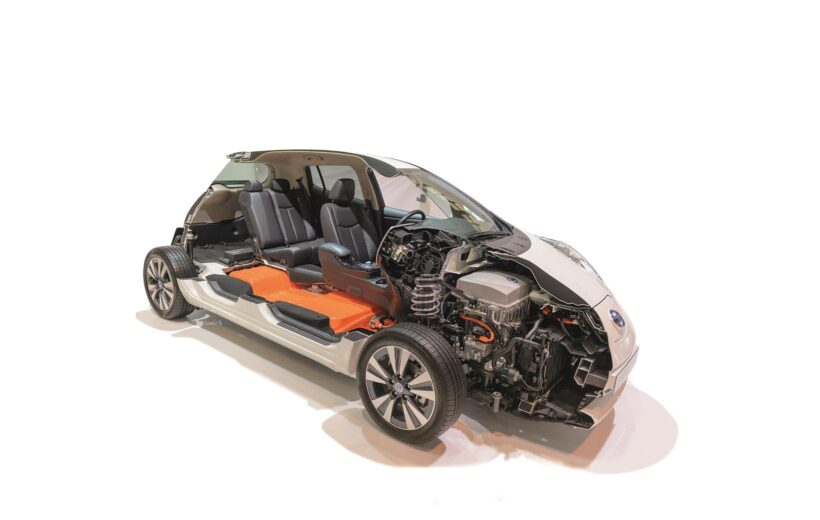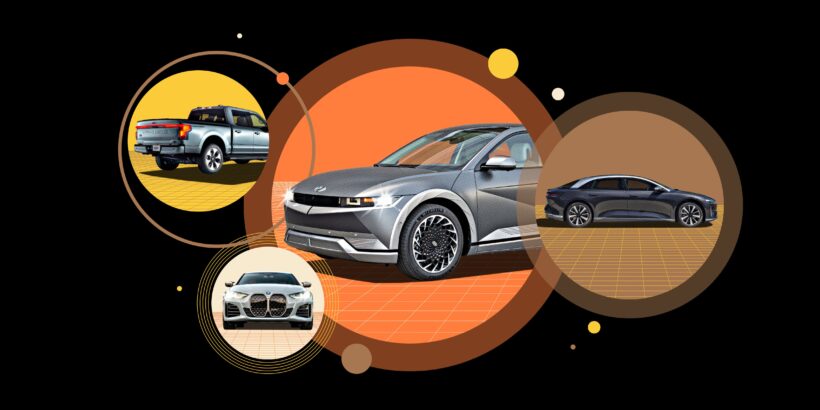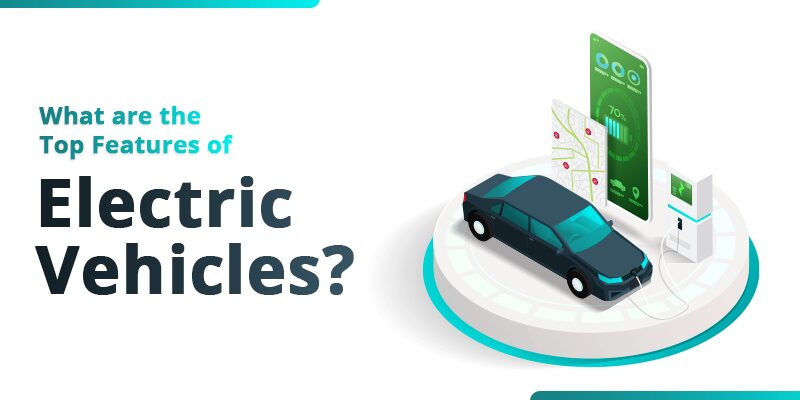Electric vehicles (EVs) have gained significant popularity in recent years as a greener and more sustainable mode of transpev charging management softwareortation. With advancements in technology and increased focus on environmental conservation, EVs have become a viable option for many consumers. By enrolling in an Electric Vehicle Course, individuals can enhance their understanding of EVs and contribute to the widespread adoption of clean transportation solutions.
In this blog, we will explore the top features of electric vehicles that make them an attractive choice for both individuals and the planet. From zero-emission driving to cutting-edge innovations, electric vehicles offer a range of benefits that contribute to a cleaner and more efficient future. Let’s delve into the exciting world of electric vehicles and discover their top features.
Table of Contents
- What are Electric Vehicles?
- Top Features of Electric Vehicles
- Zero-Emission Driving
- Instant Torque and Smooth Acceleration
- Energy Efficiency
- Regenerative Braking
- Lower Operating Costs
- Quiet and Comfortable Driving Experience
- Advanced Safety Features
- Smart and Connected Features
- Range and Charging Capabilities
- Environmental Benefits
- Conclusion
What are Electric Vehicles?

Electric vehicles (EVs) have revolutionized the automotive industry by offering a cleaner and more sustainable mode of transportation. Unlike traditional internal combustion engine (ICE) vehicles, EVs run entirely on electricity stored in batteries, eliminating the need for fossil fuels and reducing harmful emissions. In this section, we will explore the key aspects of electric vehicles and their impact on our environment and daily lives.
Top Features of Electric Vehicles

Zero-Emission Driving
One of the most significant features of electric vehicles is their ability to provide zero-emission driving. Unlike internal combustion engines that burn fossil fuels and release harmful emissions, EVs run on electricity and produce no tailpipe emissions. This not only helps combat air pollution but also reduces greenhouse gas emissions, contributing to a cleaner and more sustainable environment.
Instant Torque and Smooth Acceleration
Electric motors in EVs deliver instant torque, providing quick and responsive acceleration. Unlike internal combustion engines that require time to reach peak torque, electric motors offer immediate power, resulting in a thrilling and smooth driving experience. The seamless acceleration of electric vehicles adds to their overall performance and enhances driver satisfaction.
Energy Efficiency

Electric vehicles are highly energy-efficient compared to conventional vehicles. EVs convert a significant portion of electrical energy from the battery to power the wheels, resulting in higher energy efficiency and reduced energy waste. This efficiency translates to better mileage per kilowatt-hour (kWh) and lower energy consumption per mile, making electric vehicles a cost-effective and environmentally friendly choice.
Regenerative Braking
Regenerative braking is a unique feature of electric vehicles that allows them to recover and store energy during deceleration and braking. When the driver applies the brakes, the electric motor acts as a generator, converting the kinetic energy of the vehicle into electrical energy. This energy is then stored in the battery for later use, improving overall efficiency and extending the driving range of the vehicle.
Lower Operating Costs
Electric vehicles offer lower operating costs compared to traditional vehicles powered by internal combustion engines. EVs have fewer moving parts, reducing the need for maintenance and servicing. Additionally, the cost of electricity for charging an EV is typically lower than the cost of gasoline or diesel fuel. Over time, these savings in maintenance and fuel expenses can add up, making electric vehicles more economical to own and operate.
Quiet and Comfortable Driving Experience
Electric vehicles provide a quiet and serene driving experience. Without the noise and vibrations associated with combustion engines, EVs offer a smoother and more peaceful ride. This not only enhances the comfort of passengers but also reduces noise pollution in urban areas, contributing to a more enjoyable and peaceful driving environment.
Advanced Safety Features
Electric vehicles are equipped with advanced safety features, prioritizing driver and passenger protection. Many EVs come with features such as advanced driver-assistance systems (ADAS), lane-keeping assistance, adaptive cruise control, collision avoidance systems, and comprehensive airbag systems. These safety technologies enhance the overall safety of electric vehicles and contribute to safer road travel.
Smart and Connected Features

Range and Charging Capabilities
Modern electric vehicles have made significant strides in addressing range anxiety. Thanks to advancements in battery technology, EVs now offer longer driving ranges on a single charge. Many electric models can travel over 200 miles or more, alleviating concerns about running out of power during daily commutes or longer trips. This extended range capability makes electric vehicles a practical choice for a wider range of driving needs.
Environmental Benefits
Electric vehicles offer significant environmental benefits compared to traditional internal combustion engine vehicles. These benefits stem from their zero-emission operation and reduced dependence on fossil fuels. Here are the key environmental advantages of electric vehicles:
- Zero Emissions: One of the most prominent environmental benefits of electric vehicles is their zero-emission operation. EVs run on electricity stored in batteries, which means they produce no tailpipe emissions. Unlike internal combustion engines that burn fossil fuels and release pollutants into the atmosphere, electric vehicles contribute to cleaner air quality by eliminating the emission of harmful gases such as carbon dioxide (CO2), nitrogen oxides (NOx), and particulate matter (PM). This reduction in emissions helps mitigate climate change and improve overall public health.
- Reduced Greenhouse Gas Emissions: Electric vehicles have the potential to reduce greenhouse gas emissions significantly. While the emissions associated with EVs are determined by the source of electricity generation, studies have shown that even when powered by electricity from fossil fuels, electric vehicles produce fewer greenhouse gas emissions compared to gasoline-powered vehicles.
- Reduced Noise Pollution: In addition to their emission benefits, electric vehicles also contribute to reducing noise pollution. Traditional vehicles with internal combustion engines generate significant noise during operation, contributing to noise pollution in urban areas. Electric vehicles, on the other hand, operate quietly due to their electric motors, reducing noise levels and creating a more peaceful environment. This aspect is particularly beneficial in densely populated areas, where noise pollution can have a negative impact on quality of life.
Conclusion
Electric vehicles (EVs) offer numerous benefits that make them a compelling choice for modern transportation. From their zero-emission operation and reduced greenhouse gas emissions to their energy efficiency and contribution to noise reduction, EVs are reshaping the automotive industry and promoting a more sustainable future.

